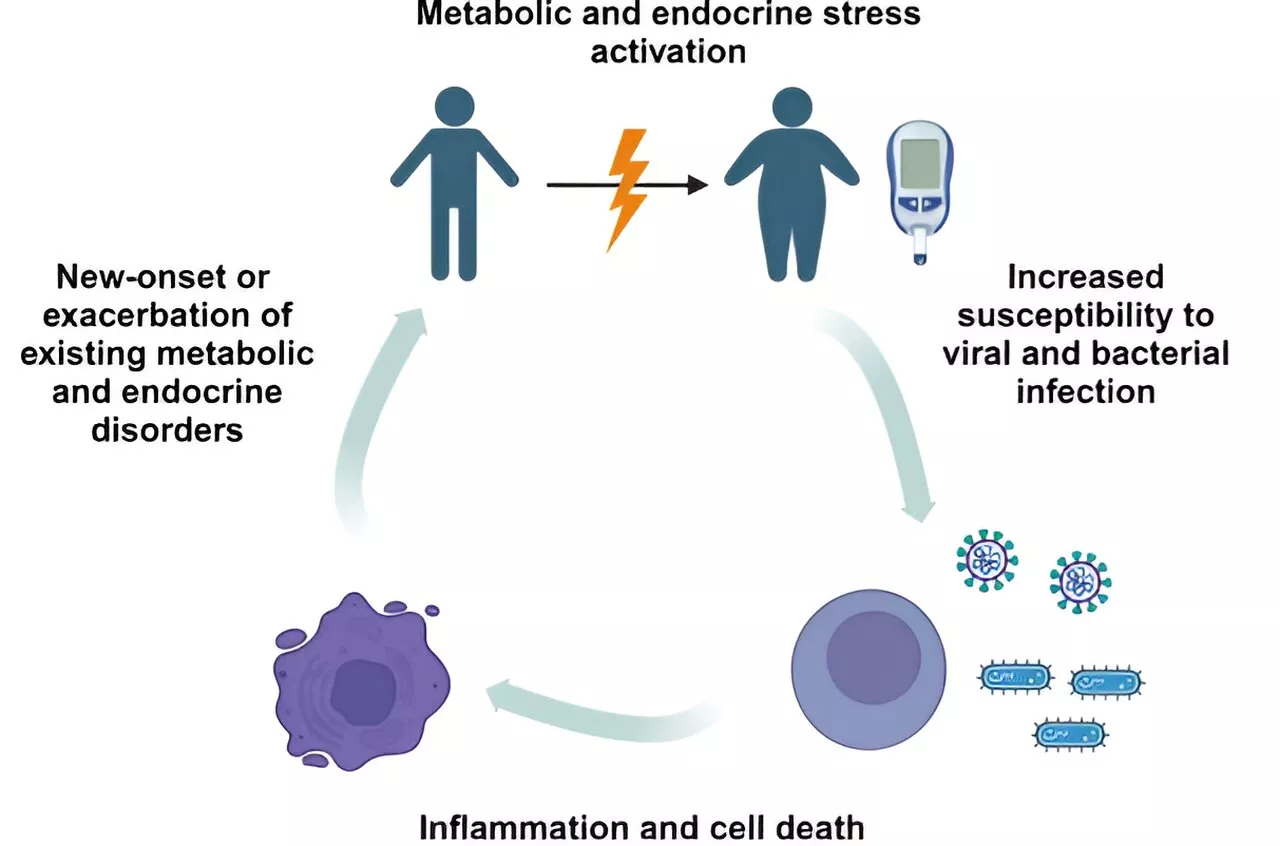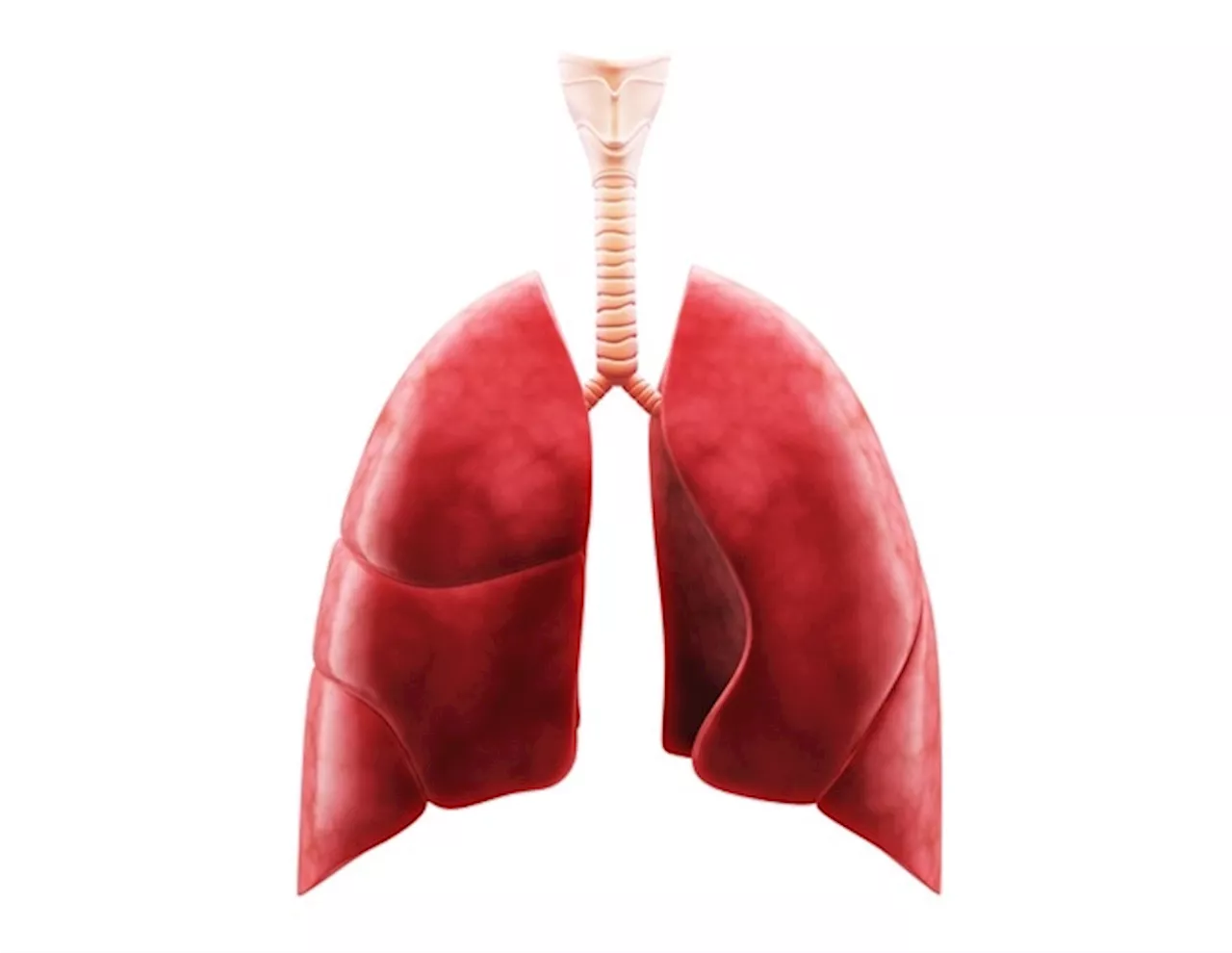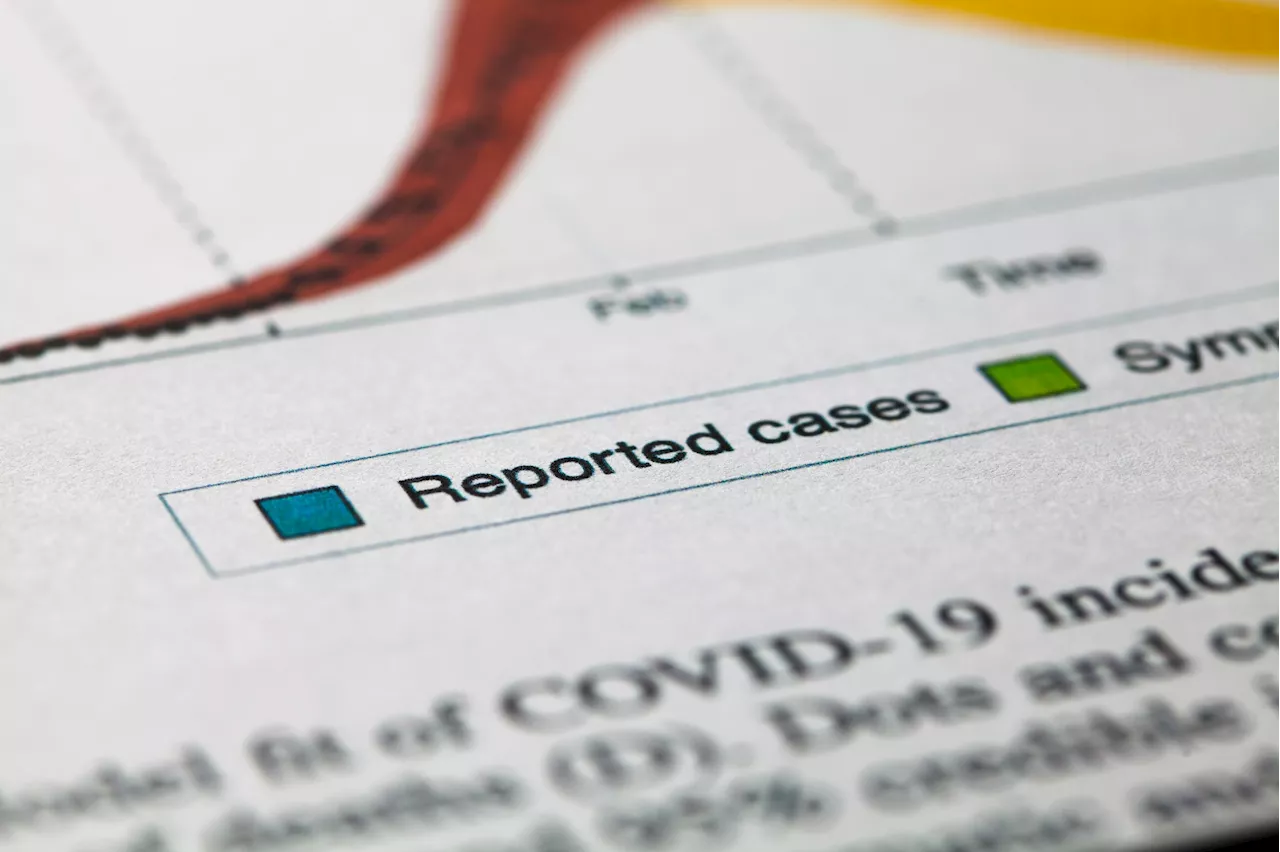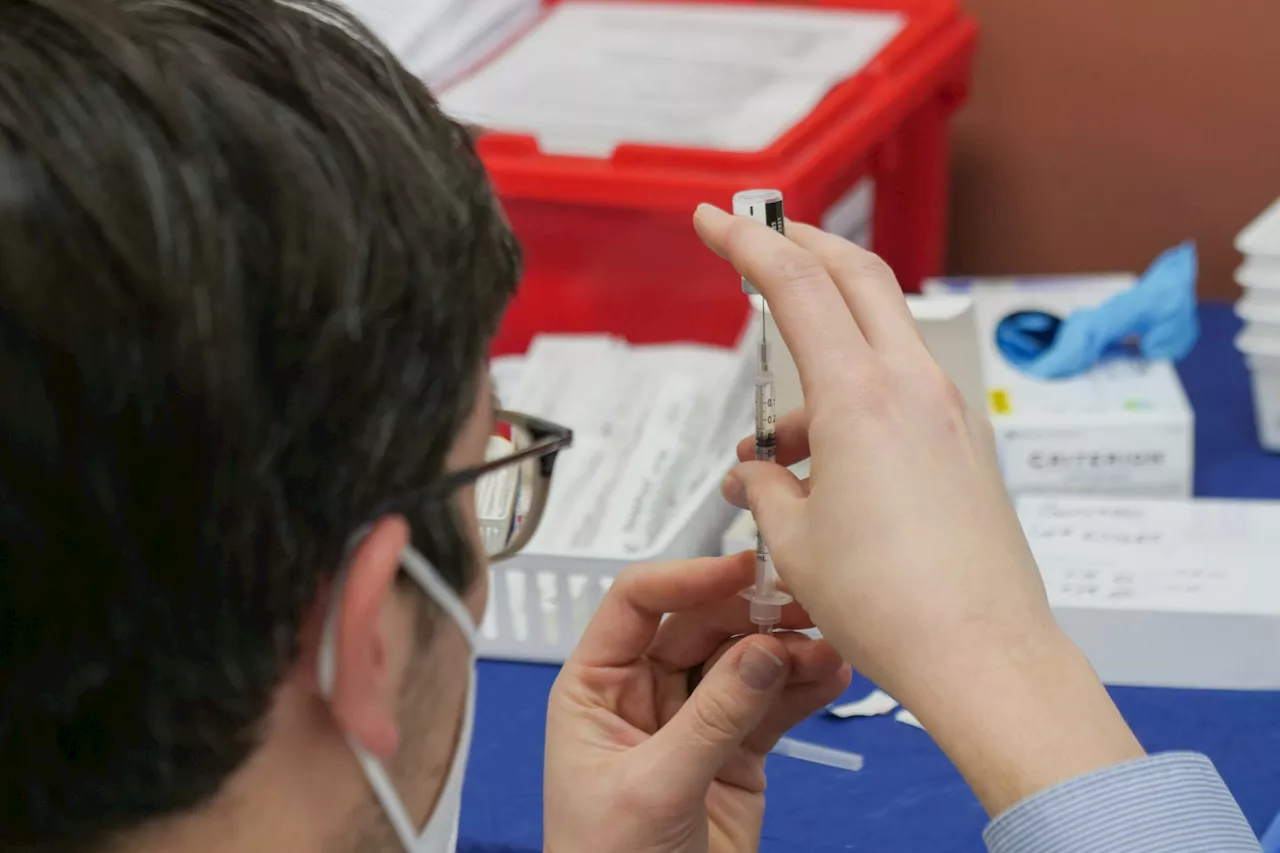Researchers examined the link between mental illness and COVID-19 vaccine uptake, finding high vaccination rates but lower uptake among unmedicated individuals with mental health conditions.
By Pooja Toshniwal PahariaReviewed by Susha Cheriyedath, M.Sc.Oct 1 2024 Despite high overall vaccination rates, unmedicated individuals with mental illness show significantly lower COVID-19 vaccine uptake, signaling the need for targeted health interventions.
The coronavirus disease 2019 led to unprecedented morbidity and mortality globally. Despite the widespread distribution of effective COVID-19 vaccines internationally, vaccine hesitancy and rejection remain considerable. Achieving high vaccination coverage is critical for combating the pandemic. High-risk individuals, such as those suffering from mental illnesses, are more likely to get severe COVID-19 and die. However, research on COVID-19 vaccination uptake has had mixed outcomes.
Substance use disorder impact: Among mental illnesses, substance use disorder showed the strongest association with lower vaccine uptake, with a 16% reduction in first-dose acceptance compared to those without mental illness. The sensitivity analyses excluded electronic medical records for exposure and outcome definitions and individuals with chronic diseases. The studies explored differences related to nationwide COVID-19 vaccination policies and mitigation strategies. Poisson regressions indicated the prevalence ratios , adjusted for age, gender, comorbidities, smoking habits, and prior COVID-19 history. Random effects meta-analyses aggregated the results from the COVIDMENT cohorts.
The COVIDMENT results showed no link between depression or anxiety and vaccination uptake. However, the Swedish register data showed a nuanced picture, revealing that individuals with specialist-diagnosed depression had higher uptake of the first dose of the vaccine, but those with depression who were not taking medication had reduced uptake for the initial COVID-19 vaccination.
Vaccine Anxiety Coronavirus Depression Mental Disorder Mortality Pandemic Research Respiratory SARS SARS-Cov-2 Schizophrenia Severe Acute Respiratory Severe Acute Respiratory Syndrome Substance Use Disorder Syndrome
United Kingdom Latest News, United Kingdom Headlines
Similar News:You can also read news stories similar to this one that we have collected from other news sources.
 Researchers propose multimodal approach to tackle post-acute infectious syndromes, including long COVIDIn a world still grappling with the aftermath of the COVID-19 pandemic, a team of international researchers has proposed a novel approach to treating the persistent symptoms that plague many survivors of viral infections.
Researchers propose multimodal approach to tackle post-acute infectious syndromes, including long COVIDIn a world still grappling with the aftermath of the COVID-19 pandemic, a team of international researchers has proposed a novel approach to treating the persistent symptoms that plague many survivors of viral infections.
Read more »
COVID-19 lockdowns accelerated brain aging in adolescent girls, researchers findResearchers discovered that COVID-19 lockdowns accelerated cortical thinning in adolescent brains, with females experiencing more significant and widespread changes than males, indicating a higher developmental impact on female brains.
Read more »
 Researchers analyze incidence of COVID-19-associated pulmonary aspergillosis in JapanAs society learns to live with COVID-19, research on the disease and its complications remains important.
Researchers analyze incidence of COVID-19-associated pulmonary aspergillosis in JapanAs society learns to live with COVID-19, research on the disease and its complications remains important.
Read more »
 Researchers identify new oscillatory patterns in COVID-19 cases across the U.S.Researchers discovered previously unrecognized oscillatory trends in COVID-19 cases across the U.S., particularly a north-south oscillation around the 37°-38° north latitude. These patterns highlight the complexity of pandemic dynamics and the importance of understanding regional disease transmission.
Researchers identify new oscillatory patterns in COVID-19 cases across the U.S.Researchers discovered previously unrecognized oscillatory trends in COVID-19 cases across the U.S., particularly a north-south oscillation around the 37°-38° north latitude. These patterns highlight the complexity of pandemic dynamics and the importance of understanding regional disease transmission.
Read more »
 Researchers discover psychosocial component to COVID-19 pandemic deathsKeith Gandal, professor of English in the Division of Humanities and the Arts at The City College of New York, and his brother Neil Gandal, professor of economics at Tel Aviv University, examined U.S. COVID-19 deaths by day of the week during the first several months of the pandemic, from March to August 2020.
Researchers discover psychosocial component to COVID-19 pandemic deathsKeith Gandal, professor of English in the Division of Humanities and the Arts at The City College of New York, and his brother Neil Gandal, professor of economics at Tel Aviv University, examined U.S. COVID-19 deaths by day of the week during the first several months of the pandemic, from March to August 2020.
Read more »
 Researchers share challenges, potential hope for discussing COVID-19 vaccines with hesitant patientsAs the updated COVID-19 vaccine becomes available this fall, a study published by UMass Chan Medical School researchers on primary care physicians' experience with vaccine-hesitant patients may shed light on the challenges and opportunities surrounding greater acceptance of the vaccines.
Researchers share challenges, potential hope for discussing COVID-19 vaccines with hesitant patientsAs the updated COVID-19 vaccine becomes available this fall, a study published by UMass Chan Medical School researchers on primary care physicians' experience with vaccine-hesitant patients may shed light on the challenges and opportunities surrounding greater acceptance of the vaccines.
Read more »
